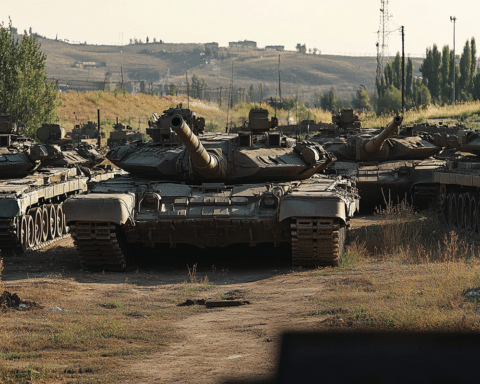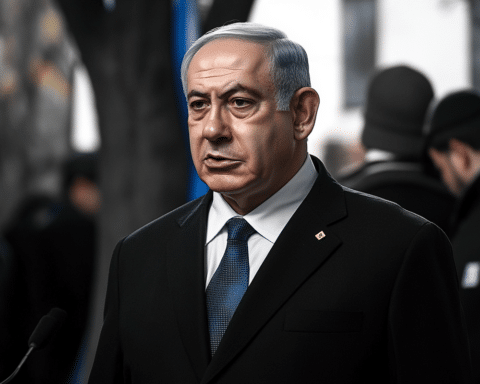The past week has been devastating for Hezbollah and Lebanon. Bombs hidden in communication devices and Israeli airstrikes have wreaked havoc, killing hundreds and displacing thousands. While Israel’s military campaign targets Hezbollah’s strongholds, securing its northern border remains a complicated and uncertain goal. Despite tactical victories, the endgame seems far from sight, with both sides locked in a dangerous stalemate.
Devastation in Lebanon: Israel’s Ongoing Strikes
Israel has bombed over 1,600 suspected militant sites, including the destruction of crucial Hezbollah commanders. In retaliation, Hezbollah has fired hundreds of rockets and drones into northern Israel. However, these attacks have caused limited damage. “This is the most difficult week for Hezbollah since its establishment,” said Israeli Defense Minister Yoav Gallant, referring to the ongoing airstrikes targeting Hezbollah’s capabilities. However, Hezbollah’s response, although meager in impact, suggests that a larger arsenal remains.
Challenges of Achieving a Lasting Victory
Despite military successes, some in Israel question whether these strikes will translate into a long-term solution. Nadav Eyal, a columnist for *Yediot Ahronot*, noted, “No one either in or out of the defense establishment has any clue as to how to translate these brilliant operational achievements into political benefit.” As long as Hezbollah retains firepower, returning to a peaceful border remains elusive. The group has vowed to cease attacks only if there is a cease-fire in Gaza, a scenario that seems unlikely at this stage.
Hezbollah’s Escalation and Israel’s Limitations
Hezbollah escalated tensions by targeting Tel Aviv for the first time, although Israel intercepted the missile. Experts believe the group holds even more sophisticated weapons in reserve. Qassim Qassir, a former Hezbollah member, emphasized that “Hezbollah has only used a small part of its capabilities.” This indicates that, while severely impacted, Hezbollah is far from defeated.
The Risks of Ground Invasion
Israel may eventually face the need for a ground invasion to secure its northern border fully. However, the risks are significant. Historical context shows that ground operations often lead to prolonged conflicts, as was the case with Iraq and Afghanistan. Sarit Zehavi, a former Israeli military intelligence analyst, highlighted Hezbollah’s extensive military capabilities, warning that “Hezbollah has concealed its weapons in different parts of the country.” This could lead to a drawn-out conflict with no clear end in sight.
Stalemate or Further Escalation?
Both Israel and Hezbollah find themselves in a difficult position. An Israeli ground invasion could draw widespread international condemnation and increase casualties, while Hezbollah risks further devastation if it escalates its attacks. As the situation remains uncertain, the future weeks could bring even more hardship for the people of Lebanon, and a decisive victory for Israel seems far from guaranteed.
While Israel has landed significant blows on Hezbollah, achieving its long-term goal of border security may prove elusive. The complex dynamics of the conflict, with potential escalations on both sides, leave the region in a precarious situation.




